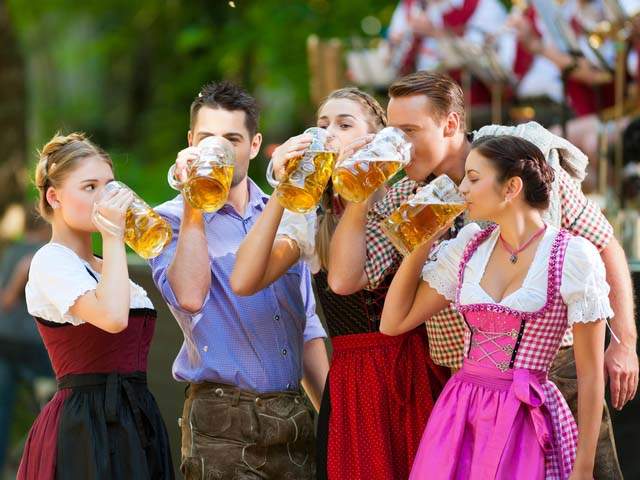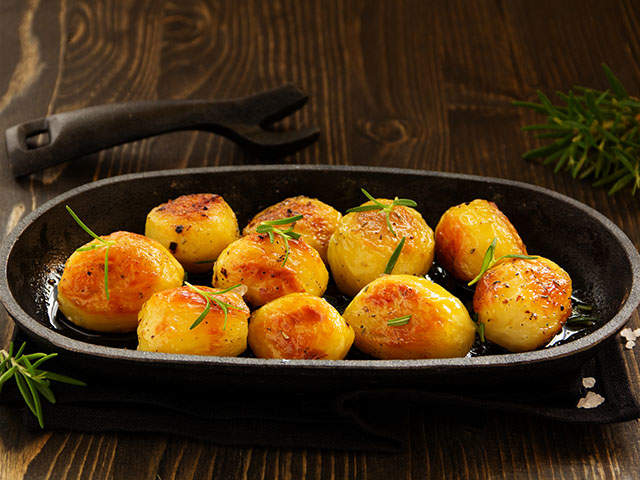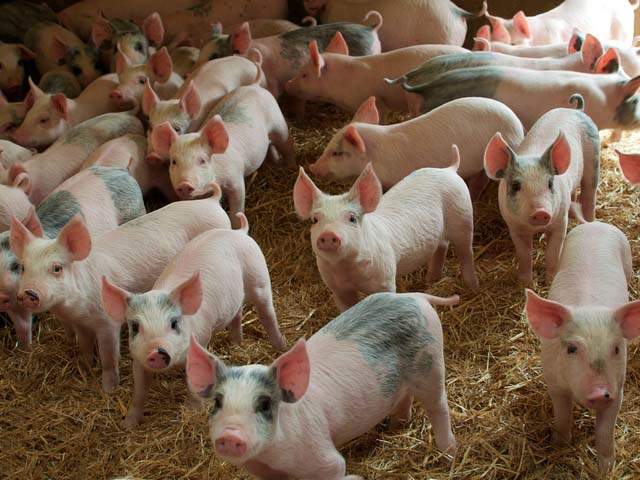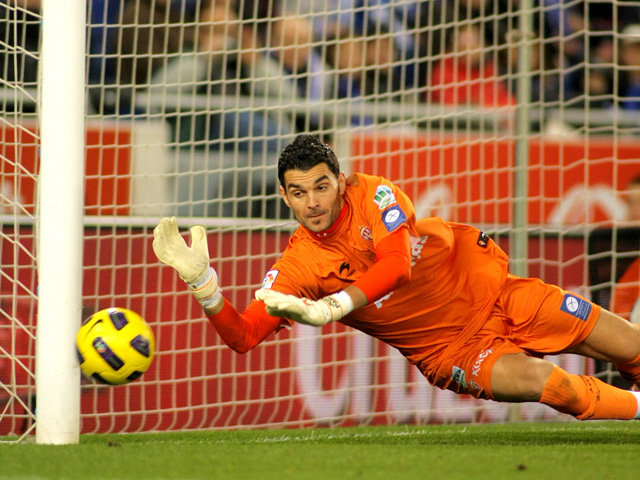Cars, the cars, some cars... (B1)
Plural and uncountable nouns (337)
Množné číslo a nepočitatelné
Na Landigo se dnes zaměříme na podstatná jména v množném čísle a nepočitatelná podstatná jména:
- Použití se členy (cars, the cars...)
- Použití se slovíčky typu SOME, MOST, ALL (some cars, most of the cars, all the cars...)
Množné číslo a nepočitatelné – procvičování:
Další lekce na členy:
- The – určitý člen (00)
- A, an – neurčitý člen (00)
- Určitý vs. neurčitý člen (A0)
- Určitý vs. neurčitý člen (A1)
Money isn't everything, but it makes life a lot easier.
| Mluvíme obecně: |
|
money
|
| a money |
| the money |


Pro podstatná jména v množném čísle (cats, men, clothes...) a nepočitatelná (money, air, advice...) obecně platí:
- Nepoužívají se s A/AN:
a cats a money - Pokud se o něčem bavíme obecně, je to bez členu:
I like cats.I like money.
- Pokud máme na mysli něco konkrétního, použijeme THE:
The cats we saw were funny.I'll count the money.
- Můžeme je použít se SOME, MOST, ALL a HALF:
some cats/money most (of the) cats/money all (the) cats/money half (of) the cats/money - Množné číslo můžeme použít s BOTH a EACH:
both (of the) catseach of the cats
Sarah needs new summer dresses. She's grown out of the dresses I got her last year.
| Nějaké: |
a dresses
|
| Konkrétní: |
the dresses
|


A dog, a house, a song...
Množné číslo (dogs, houses...) a nepočitatelné (music, air...) se obvykle nepoužívá s A/AN:
| a dogs |
| a houses |
| a music |
| an air |
A/AN se používá pouze s počitatelným jednotným číslem (dog, house...):
|
a dog
|
|
a house
|
|
a song
|
|
a bag of air
|
I'll have to withdraw cash to pay for the hostel.
| Nepočitatelné/množné číslo: |
|
withdraw a cash
|
|
withdraw a dollars
|


Obecně = cats, money...
Pokud se bavíme o něčem obecně, žádný člen obvykle nepoužijeme:
|
Children learn faster than adults. That's a well-known fact. (= children and adults in general)
|
|
Toby is very picky, he doesn't like beef and chicken. (= beef and chicken meat in general)
|
Nikoliv: the children, the adults, the beef and the chicken
Is it still true that Germans are big drinkers of beer?
| Obecně: |
|
the Germans
|
|
the big drinkers
|
|
the beer
|


Konkrétně = the cats, the money...
Pokud máme na mysli něco konkrétního, použijeme THE:
| The students I taught last year were quite smart. (= not students in general but those particular students) |
| What did you think of the music at the concert? (= that particular music) |
The lunch was delicious, we especially enjoyed the potatoes.
| Konkrétně: |
|
the lunch
|
|
the potatoes
|


I don't like anybody giving me advice. However, the advice from Ammar was pretty helpful.
| Obecně: |
an advice
|
| Konkrétně: |
the advice
|


Lin doesn't usually eat sweets, but she'll try the white chocolate.
| Obecně: |
sweets
|
| Konkrétně: |
the chocolate
|


The Browns, the Blacks...
THE použijeme u množného čísla, které označuje skupinu osob nebo rodinu:
|
The Fergusons (= the Ferguson family) moved to Portugal last month.
|
|
When I get a chance, I'd like to talk to the Smiths (= Mr. and Mrs. Smith).
|
The Kardashians are a famous American family. How come you've never heard of them?
| The Kardashians are... |
| The Kardashian family is... |


The Netherlands, the Canary Islands...
Před zeměpisnými názvy v množném čísle bývá THE:
|
What about going to the Netherlands this summer and the Philippines in the winter?
|
|
Claire has always dreamt of living in the Canary Islands or the Azores.
|
Více o použití THE v lekci: Členy u zeměpisných názvů
Mitch and I have always wanted to visit the Grand Canyon in the United States.
| Množné číslo: |
|
the United States
|
|
the Netherlands
|
|
the Philippines
|


Some cats, some money...
|
Chris would like to buy some running shoes.
|
Chris by si rád koupil nějaké běžecké boty. |
|
Some critics say he is a bad director. (= A number of critics say...)
|
Několik/pár kritiků o něm říká, že je špatný režisér. |
|
I've only seen some movies from this director. (= I've seen his movies, but not all of them.)
|
Od tohoto režiséra jsem viděl jen některé filmy. |
|
Some ten percent of people are unemployed in Spain. (= approximately ten percent)
|
Ve Španělsku je bez práce přibližně deset procent lidí. |
Všimněte si, že se SOME používá s různými významy, překládá se např. jako – nějaké; několik/pár; některé (ale ne všechny); přibližně.
Some girls enjoy playing sports, but my little sister hates them.
|
Some girls enjoy sports.
|
|
Some but not all girls enjoy sports.
|


Pokud mluvíme o něčem obecně, SOME obvykle nepoužíváme:
|
Are you afraid of snakes and spiders?
|
|
Josh doesn't like tea.
|
David doesn't like buses. He prefers trains or planes.
| Obecně: |
|
He doesn't like some buses.
|
|
He prefers some trains.
|


Most (of the) cats, most (of the) money...
MOST + množné číslo/nepočitatelné použijeme bez členu:
|
On most days, temperatures rise above 30 degrees.
|
Většinu dní teploty vystoupají nad 30 stupňů. |
|
Most people work eight hours a day, five days a week.
|
Většina lidí pracuje osm hodin denně pět dní v týdnu. |
S tímto významem neříkáme: on the most days, the most people
MOST OF THE ... použijeme, pokud mluvíme o většině nějaké konkrétní skupiny:
|
She planted most of the trees in the garden herself.
|
Většinu stromů na zahradě zasadila sama. |
|
Most of the students at our school live in dorms.
|
Většina studentů naší školy bydlí na kolejích. |
Did you know that most pigs are smarter than dogs?
| Obecně: |
most pigs
|
| Konkrétně: |
most of the pigs on our farm
|


All (the) cats, all (the) money...
|
All cats are very independent. (= cats in general)
|
Všechny kočky jsou velmi nezávislé. |
|
I can't believe you lost all the money. (= particular money)
|
Nemůžu uvěřit, že jsi přišel o všechny ty peníze. |
All the teachers at our language school are native speakers.
| Konkrétní skupina: |
|
all the teachers
|
| the all |


Half (of) the cats, half (of) the money...
|
Half (of) the books were in English.
|
Polovina knih byla v angličtině. |
|
I've spent half (of) the cash today.
|
Dnes jsem utratil polovinu (z) hotovosti. |
Nikoliv: the half books, the half of books
You should give us back half the money because we only received half of the stuff.
|
half (of) the money
|
|
half (of) the stuff
|


Both cats, both of the cats...
|
Look both ways before you cross the road.
|
Rozhlídni se na obě strany, než přejdeš silnici. |
|
It's such an exciting match! Both of the teams are great.
|
Ten zápas je tak vzrušující! Oba týmy jsou skvělé. |
I forgot my wallet. Would you mind paying for both coffees?
|
both (of the) coffees
|
| the both coffees |


Each of the cats, each of the sisters...
|
Each of the sisters has a warm and friendly nature.
|
Každá ze sester má vřelou a přátelskou povahu. |
|
Each of the dogs had ticks again.
|
Každý ze psů měl opět klíšťata. |
Each of the goals was hard to prevent.
|
each of the goals
|
| each the goals |
| each goals |


Množné číslo a nepočitatelné – nejdůležitější body:
| Obecně | Konktrétně |
|---|---|
| a cats | the cats |
| a money | the money |
| some cats/money |
| most (of the) cats/money |
| all (the) cats/money |
| half (of) the cats/money |
| both (of the) cats |
| each of the cats |
Doporučujeme si procvičit množné číslo a nepočitatelné (plural and uncountable nouns) v našich cvičeních.
